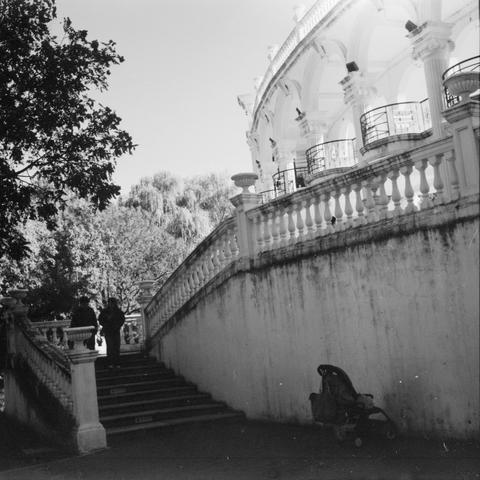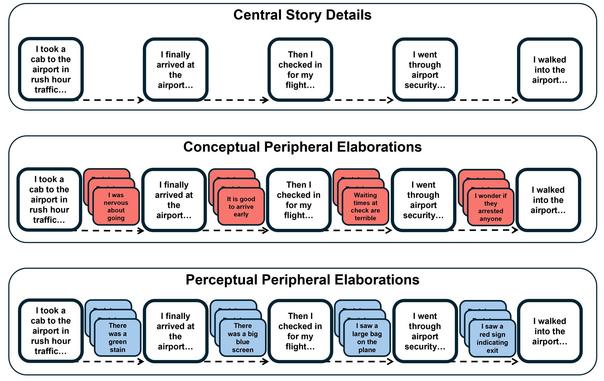2026-02-06 20:08:21
As Bitcoin prices continue to plummet and electricity costs climb,
it’s become tough out there for a crypto miner.
The hash price index, which is used to determine how much revenue miners can make by mining crypto,
reached its lowest point on record this week, according to mining services company Luxor Technology.
According to Coindesk, the average cost to mine one Bitcoin is currently around $87,000
— far higher than its current going rate,
making it an e…
2025-12-04 13:19:04
December 4, Day of Saint Barbara - Patron Saint of Miners (among other professions). Blog post from Salzwelten Altaussee, a famous salt mine in #Austria which I had a chance to visit years ago. #Österreich 🧪⚒️ Glück Auf!
2025-12-04 21:50:57
The New York Times, AP, RCFP, and other media organizations back an effort to block a new Texas law requiring app stores to verify users' ages (Wendy Davis/MediaPost)
https://www.mediapost.com/publications/article/411151/new-yor…
2025-11-25 22:41:03
Character.AI launches Stories, which lets users create interactive fiction and is the company's "first new format created specifically" for users under 18 (Amanda Silberling/TechCrunch)
https://techcrunch.com/2025/11/25/char
2026-01-07 12:52:10
Good Morning #Canada
I've been thinking that it's time for another "Something" Week, perhaps related to wildlife well known by Canadians. I have already posted dedicated week-long content for the first two critters on the attached list of iconic Canadian animals. Since it's winter, something large and white might be appropriate. 🐻❄
The #WWF list is a good reminder of just how fragile some of these species are. Only 72 or 73 Southern Resident Orcas are estimated to remain and are critically endangered. The Monarch Butterfly is also at risk because it's long distance migratory lifestyle is impacted by environmental changes over a wide area.
#CanadaIsAwesome #Wildlife
Canada’s 10 most iconic animals - WWF.CA
https://wwf.ca/stories/canadas-10-most-iconic-animals/#:~:text=The caribou is one of,per cent for many herds.
2026-01-20 00:30:03
US CHILDREN II 🧒
我們這些孩童 II 🧒
📷 Zeiss IKON Super Ikonta 533/16
🎞️ Lucky SHD 400
#filmphotography #Photography #blackandwhite
2025-11-27 00:59:50
2025 NFL Thanksgiving Games: Best Turkey Day Memory For All 6 Teams Since 2000 https://www.foxsports.com/stories/nfl/2025-nfl-thanksgiving-preview-all-6-teams-best-turkey-day-memory-since-2000
2025-11-09 01:01:36
📔 Exploring how storytelling strategies shape memories
#memory
2026-01-16 12:49:09
Stories that explain Patriots head coach Mike Vrabel -- from the past and present https://www.espn.com/nfl/story/_/id/47622009/new-england-patriots-coach-mike-vrabel-stories-playoffs-houston-texans
2025-11-24 18:35:03
Background of the speech and debate clause
https://constitution.congress.gov/browse/essay/artI-S6-C1-3-2/ALDE_00013301/#:~:text=The text and …







